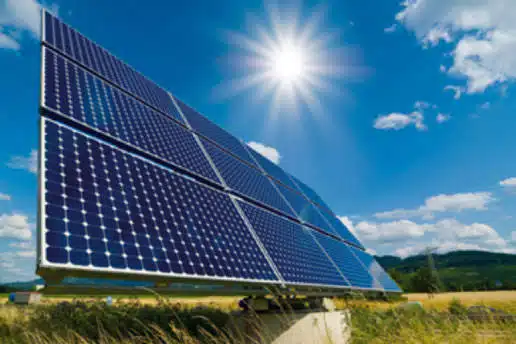Government to End Solar Net Metering Next Month

In recent discussions with the International Monetary Fund (IMF), Pakistani officials disclosed plans to terminate the current net metering policy for rooftop solar panels. This policy has enabled homeowners to offset their electricity costs by generating their own power and feeding any excess back into the grid.
Transition to Gross Metering System
The government intends to replace net metering with a gross metering system. Under this new policy, all solar energy generated by rooftop panels will be fed directly into the national grid, and homeowners will have to purchase electricity from the grid, potentially at higher prices.
Key Changes
- Net Metering to Gross Metering: Homeowners will no longer directly benefit from the solar power they generate by reducing their electricity bills. Instead, all generated power will be sold to the national grid.
- Increased Electricity Costs: Homeowners will have to buy back electricity from the grid, likely resulting in higher electricity costs for those who have invested in solar panels.
Reasons for the Policy Change
The shift to gross metering is part of broader negotiations as Pakistan seeks additional support from the IMF, including a proposed restructuring of $15.4 billion in energy debt with China. The Ministry of Energy has informed the IMF about these upcoming changes, which are aimed at increasing the revenue of financially struggling power distribution companies.
Government’s Justification
The government argues that the change is necessary to:
- Boost Revenue for Power Distribution Companies: These companies have been facing financial difficulties, and the gross metering policy is seen as a way to improve their revenue streams.
- Address Inefficiencies and Unfavorable Agreements: Pakistan’s power systems are inefficient, and there are unfavorable power purchase agreements that contribute to high electricity costs.
Impact on Consumers
The shift from net metering to gross metering is expected to have significant implications for consumers, particularly those who have invested in rooftop solar panels.
Effects on Homeowners
- Loss of Financial Benefits: Homeowners will no longer be able to reduce their electricity bills through the power they generate.
- Higher Costs: Consumers will face higher costs as they will need to buy back the electricity from the grid.
Popularity of Rooftop Solar Panels
Rooftop solar panels have gained popularity among Pakistan’s middle and upper classes as a means to escape the high costs of grid electricity. These costs are largely due to the country’s inefficient power systems and unfavorable power purchase agreements.
Conclusion
The government’s decision to end solar net metering and transition to a gross metering system is aimed at improving the financial situation of power distribution companies. However, this change will likely result in higher electricity costs for consumers who have invested in solar panels, thus removing the financial benefits of generating their own electricity. The policy shift reflects the government’s broader strategy to seek IMF support and manage its energy debt restructuring with China.



